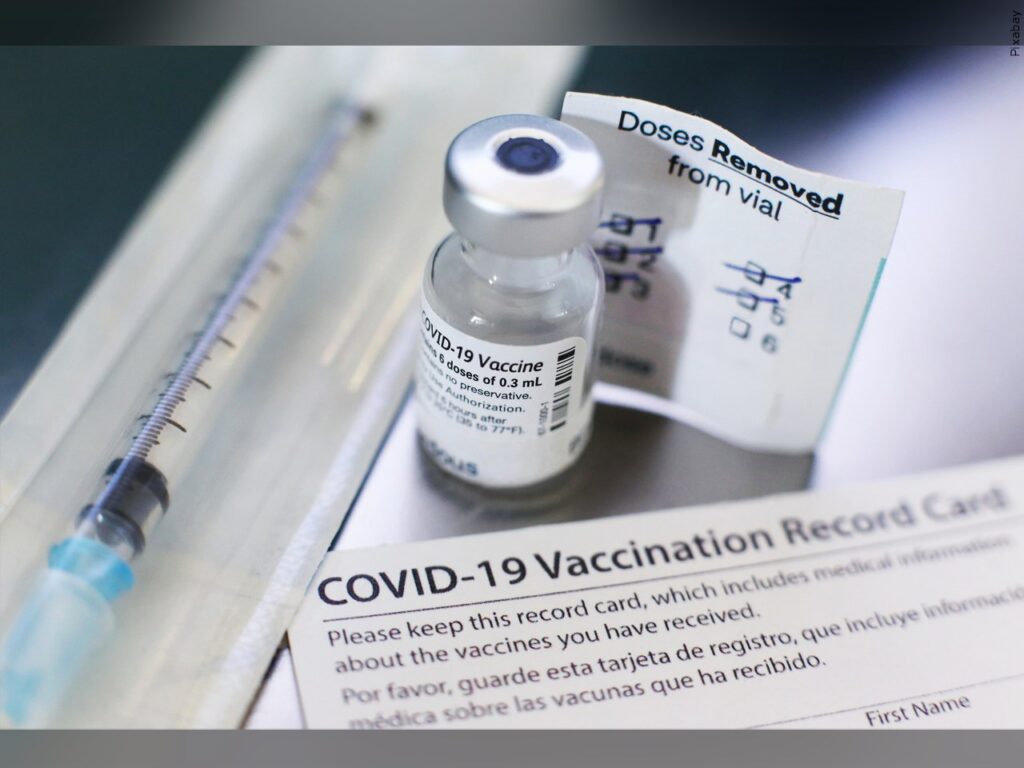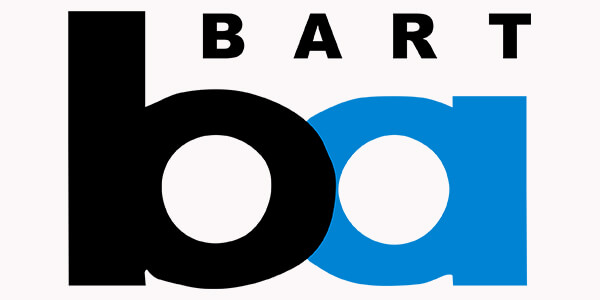In the largest financial win yet for workers fired for failing to comply with COVID-19 vaccine mandates, a federal jury on Wednesday (Oct. 23) awarded the six San Francisco Bay Area Rapid Transit District employees plaintiffs between about $1.2 million and $1.5 million each.
This article was published on The Defender—Children’s Health Defense News & Views Website on October 25, 2024
The San Francisco Bay Area Rapid Transit District (BART) must pay about $7.8 million to six former employees who lost their jobs after the district denied their requests for accommodations for religious exemptions from BART’s COVID-19 mandate.
In the largest financial win yet for workers fired for failing to comply with COVID-19 vaccine mandates, a federal jury composed of entirely vaccinated jurors on Wednesday (Oct. 23), awarded the plaintiffs between approximately $1.2 million and $1.5 million each to compensate for economic losses and mental anguish.

The case is one of hundreds filed across the country since 2021, representing thousands of workers who say they lost their jobs when their employers illegally denied their requests for religious accommodation to the COVID-19 mandate.
“These verdicts are seismic—a 7.8 San Francisco legal earthquake,” Brad Dacus, president of the Pacific Justice Institute, which represented the plaintiffs, said in a statement. “This amazing outcome represents so much hard work by our team, perseverance by these clients, and fairness from our judicial system.”
The workers’ attorney, Kevin Snider, told The Defender that because of BART’s mandate, “The workers were forced to either deny their faith or lose their jobs.” He said they chose the latter, demonstrating the sincerity of their religious convictions.
The lawsuit began as three separate cases representing 35 employees fired by BART. The three cases were later consolidated into a single lawsuit. Twenty-nine of the plaintiffs settled with BART, but the remaining six went to trial this month.
“These workers lost their jobs and have struggled for more than two years,” Snider said. “It was a devastating disruption to their lives and to their families. Being able to settle or get a jury verdict helps them to put closure on this and for those who went to trial, they felt heard and understood by a jury, which can be important.”
This was the second time the case went to trial. The first trial ended in a mistrial in July when the jury could not reach a unanimous decision, as required in federal civil trials.
BART, which can appeal the decision, declined to comment. Bloomberg Law reported that BART filed a motion for judgment as a matter of law during the trial, which U.S. District Judge William Alsup said would be argued in December.
The motion argues that the plaintiffs have insufficient evidence to reasonably support their case, even if a jury finds otherwise. In response, the judge can allow the verdict to stand, order a new trial or overrule the jury’s verdict.
Religious objectors had option to comply, retire, resign or be terminated
The plaintiffs first sued BART in December 2022, alleging the agency violated their First Amendment rights to religious freedom and federal and state anti-discrimination laws.

The BART system, which operates in five counties across the San Francisco Bay area, issued a mandate on Oct. 14, 2021, requiring employees to be fully vaccinated as a condition of employment.
Employees could apply for a religious or medical exemption. If granted, BART determined whether to provide them reasonable accommodation. Between October 2021 and February 2022, 204 of Bart’s 4,000-plus employees sought an exemption.
Approximately 179 of those were for religious beliefs by people practicing a variety of religious faiths, including various forms of Christianity, Islam and Ruism, according to Snider.
BART granted 70 of the religious exemptions and denied the rest, according to the complaint.
But even the employees granted an exemption were denied reasonable accommodation so they could continue working. Although BART acknowledged their right to a religious exemption, the agency said it couldn’t reasonably make accommodations, like allowing them to work at home or do weekly testing.
However, 1 in 3 of the employees seeking medical exemption were granted exemption and given accommodation, according to the complaint.
Instead of proceeding on the assumption that the accommodation requests were based on sincerely held religious beliefs, the complaint alleges, BART launched a probe into the sincerity of the employees’ beliefs.
Employees’ claims were investigated using an interviewer template that asked for a detailed explanation of their beliefs and why taking the COVID-19 vaccine would violate them. The template included questions like, “What do you think will happen to you if you take the COVID-19 vaccine?”
BART proceeded to deny all requests for accommodation from religious objectors and gave them the option to comply with the mandate, retire if qualified, resign or be terminated.
All of the plaintiffs refused to comply and lost their jobs.
Over the next couple of years, many of those employees, working with the Pacific Justice Institute, sued BART and settled their cases. The cases that couldn’t reach a settlement proceeded to trial—which Snider said carried a serious risk, because “San Francisco is probably the most difficult venue in the entire country to have a vaccine case.”
The trial happened in two phases. First, the jury was asked to rule on whether BART could have granted the requested accommodations. They rejected the agency’s argument that it couldn’t reasonably accommodate the employees seeking religious exemptions without facing an undue hardship.
Then they heard testimony about the sincerity of the plaintiffs’ religious beliefs and the damages they suffered.
Sinder, whose firm represents plaintiffs alleging religious discrimination in more than a hundred vaccine mandate lawsuits across the country, said that he thought public opinion was slowly changing to favor workers.
This article was published by The Defender—Children Health Defense News & Views Website under Creative Commons license CCBYNCND 4.4.0













